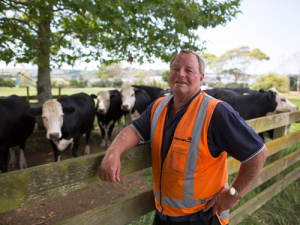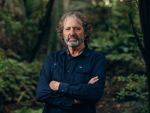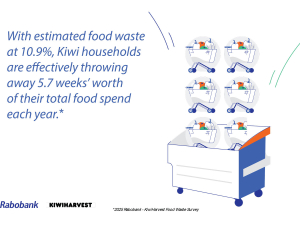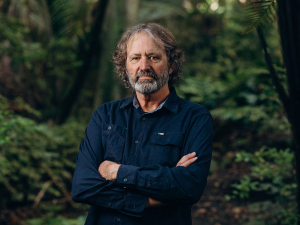Yet in Rosedale on Auckland’s North Shore it is thanks to the hard work of Alan Jones, the longstanding farm foreperson at Watercare’s Rosedale Wastewater Treatment Plant.
Jones has been farming and landscaping the 53ha property for 38 years, transforming what was baron farmland and space to dry sludge into the green, tree-filled grounds.
He has lived in Albany for 54 years and worked for Watercare for 43, starting when utility was the North Shore Drainage Board, and is the longest-serving member of the Rosedale team by 13 years.
He says most people “don’t really know” that the fenced-off land, which neighbours Rosedale Park, is part of the treatment plant that serves almost 240,000 people living between Devonport and Long Bay.
“If they work out what that the pond is, then it might give them a clue,” says Jones.
The ponds, which are visible from either side of the Northern Motorway, hold the treated wastewater, allowing sunlight to naturally disinfect remaining bacteria. Further disinfection using ultraviolet light is provided before the treated wastewater is discharged by gravity almost three kilometres out to sea from Mairangi Bay.
Over the decades Jones has planted “thousands” of trees on the property, the majority of which are native.
“Originally we had problems with the odours because the plant was so open and exposed. The trees and greenery really help to make it look better,” he says.
“Once I started getting it looking right, I just wanted to keep going, to keep on with it,” he says.
While he admits it would be “a lot easier” to mow without all of the trees – “I could do it with a tractor instead of the small mower” – Jones says the grounds wouldn’t look anywhere near as good.
Jones’ manager Simon Findlay says the Rosedale grounds are recognised within the international water industry for their “outstanding” landscaping.
“This recognition is entirely due to Alan’s high standards, hard work and dedication over the years.”
For those that think working on the treatment plant must be smelly, Jones says the smell is only perceived.
He firmly believes that, as well as the treatment process improvements over the years, an aesthetically-pleasing environment has helped to change such thinking.
“I don’t notice a smell at all.”
He also manages the livestock of 58 lambs and 46 cattle to help him keep the grass under control.
“It’s a bit light but it’s very hard at the moment to get the stock I want. I had to wait three months to get the lambs, there were just none about, and those quiet cattle are hard to get.”
What is it about the job that has kept him going for all these years?
“I enjoy the outside, I couldn’t be dealing with an office job at all,” he says.
“I might complain about the heat or the rain sometimes but it’s still better than sitting at your desk with a phone in your ear.”









